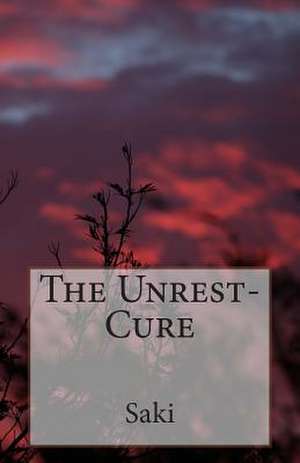The Unrest-Cure
Autor Sakien Limba Engleză Paperback
Preț: 57.94 lei
Nou
Puncte Express: 87
Preț estimativ în valută:
11.09€ • 12.04$ • 9.31£
11.09€ • 12.04$ • 9.31£
Carte indisponibilă temporar
Doresc să fiu notificat când acest titlu va fi disponibil:
Se trimite...
Preluare comenzi: 021 569.72.76
Specificații
ISBN-13: 9781494835545
ISBN-10: 1494835541
Pagini: 24
Dimensiuni: 129 x 198 x 1 mm
Greutate: 0.03 kg
Editura: CREATESPACE
ISBN-10: 1494835541
Pagini: 24
Dimensiuni: 129 x 198 x 1 mm
Greutate: 0.03 kg
Editura: CREATESPACE
